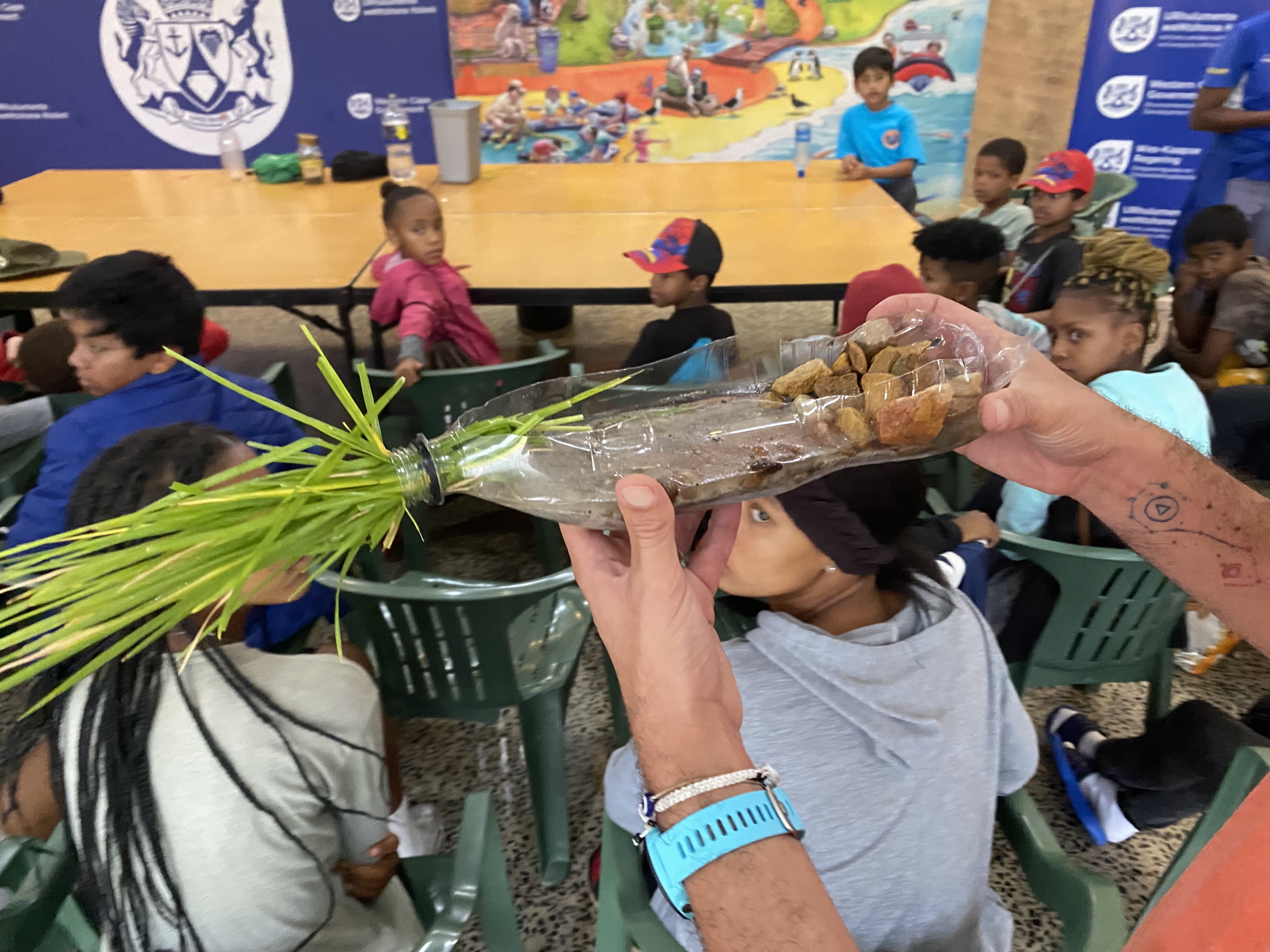Minister of Forestry, Fisheries and the Environment, Barbara Creecy, has called on all South Africans to collaborate on the protection of wetlands, as the country takes part in the global recognition of World Wetlands Day on February 2.
“Ninety percent of the world’s wetlands are either degraded or lost, and this is problematic. In fact, we are losing wetlands three times faster than forests and so we need to do something to raise awareness on the threats that they face on a global scale,” said Creecy.
The Minister added that the finding was congruent with the recent National Biodiversity Assessment, which attests to wetlands as the most threatened of all South Africa’s ecosystems; a total of 79% of the country’s wetland ecosystems are currently labelled as threatened.
South Africa is a water-scarce country ranking among the 30 driest countries in the world. Research suggests that protection and clearing of river catchments can increase our water supply by as much as one sixth, at a fraction of the cost of projects such as desalination.
As a contracting party to the Ramsar Convention, the Department of Environment, Forestry and Fisheries has invested over R461m (€25.5m) in rehabilitation and maintenance of various wetlands throughout South Africa since 2017.
The rehabilitation and maintenance of wetlands is co-ordinated through the Working for Wetlands Programme, an Expanded Public Works Programme that focuses on remedial interventions for maintaining healthy wetlands.
In the last five years, Working for Wetlands has rehabilitated 634 wetlands across the country, constituting approximately 22 500 hectares, contributing to increased healthier water supplies and improving the economic benefits of natural and agricultural habitats.
The work is being done in a way that maximises socio-economic benefits in the form of employment creation, skills development and knowledge transfer and development of small local business (SMMEs). Through the programme 12 513 full-time and part-time jobs have been created.
“South Africa’s rich endowment of biodiversity comes with a huge responsibility to ensure that our species and ecosystems are conserved and used sustainably. Wetlands are, therefore, critical for delivering on global commitments relating to biodiversity, climate change and sustainable development, especially in the wake of the global commitments that the country has made in 2022 during the meetings of the Conference of Parties to the CBD, UNFCCC, CITES and UNCCD,” Creecy concluded.
Cape Nature educates the younger generation
In celebration of the day, CapeNature and the Western Cape Government Department of Environmental Affairs and Development Planning (DEA&DP) took 40 learners from the Hikers Network Juniors on an interactive, guided hike through the Helderberg Nature Reserve, teaching them about the importance of wetlands and their conservation.
Anton Bredell, Minister of Local Government, Environmental Affairs and Development Planning said: “Our Department has prioritised wetlands as critical ecological infrastructure in the province, which provide essential services to communities and our economy. We work closely with CapeNature and other partners, like Biosphere Reserves, to prioritise the protection and rehabilitation of our wetlands. Part of this includes educational awareness around the value of wetlands and encouraging our youth to think about how wetlands make our planet more liveable.
“By visiting a local wetland, such as the one in the Helderberg Nature Reserve, we educate students on how wetlands provide a habitat for numerous fauna and flora species, are highly valuable biological assets, and help to mitigate the effects of climate change.”
In addition to hiking through the reserve, learners (aged between eight and 13) took part in activities that highlight the value of wetlands, such as the building of wetland models, a mini-SASS (South African Scoring System for water quality) activity, and crafting a water cycle bracelet.

CapeNature has done much work to protect and restore wetlands. According to Dr Razeena Omar, CEO of CapeNature: “We are very proud of the entity’s efforts in restoring two wetlands: the Verlorenvlei project and the award-winning Goukou-Duiwenhoks Wetland Project.”
CapeNature and Working for Wetlands collaborated to restore Verlorenvlei wetland by removing obstructions to water flow, reducing sediment, and clearing alien vegetation. In addition, a bird hide was constructed to increase tourism and provide public access to the area.
The Goukou-Duiwenhoks wetlands project has been going for ten years and aims to save this threatened ecosystem by improving water storage and quality, and protecting the habitat and its species. This project has increased the community's employment opportunities, increased tourism, and will continue to have a positive impact on the environment.























